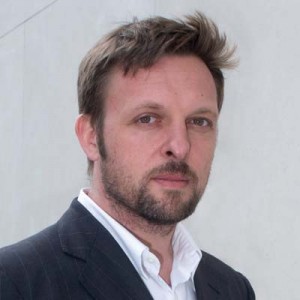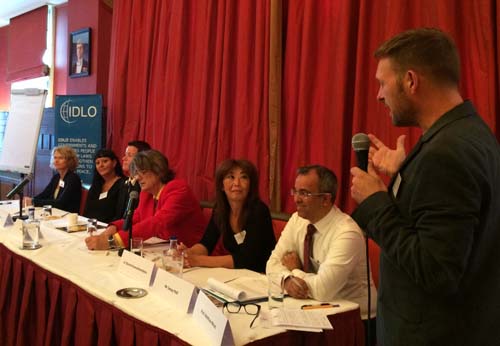 This article was contributed by Matthew Weait, Professor of Law and Policy at Birkbeck’s School of Law.
This article was contributed by Matthew Weait, Professor of Law and Policy at Birkbeck’s School of Law.
There is robust empirical evidence indicating that traditional approaches to policing can result in adverse health outcomes for those who are at particular risk of harm. In particular, a focus on their law and order function, a narrow view of what constitutes public safety, and a conservative occupational culture has meant that in many parts of the world the police have contributed to an enhanced risk of HIV infection among so called “key populations”, including sex workers and injecting drug users. There is, for example, evidence that police may use the possession of condoms – an effective barrier against infection – as evidence to support an allegation of prostitution, and the possession of syringes as evidence to justify the arrest of drug users. The consequence of this is that sex workers wishing to avoid harassment and arrest may not carry condoms with them, thereby reducing the opportunity to practise safer sex, and drug users avoid carrying their own “works”, thereby increasing the possibility that they will share those of others and so increase their risk of infection with HIV and other blood-borne diseases.
These negative effects of traditional policing are increasingly recognised, and efforts are being made to address them. An important milestone was reached this month at a Consultation on Policing and HIV in Amsterdam, convened by the Centre for Law Enforcement and Public Health (CLEPH) and supported by the Law Enforcement and HIV Network (LEAHN), the International Development Law Organisation (IDLO) and the School of Law at Birkbeck.
I attended the international consultation along with more than 100 senior police officers, representatives of key populations, policy makers and academics. After a day of discussion and deliberation, the attendees agreed the Amsterdam Declaration on Police Partnerships for Harm Reduction, an important document that commits its supporters to an approach to policing key populations that is informed by the principles of harm reduction and which will promote rather than hinder health through active collaboration and partnership.
I am delighted that the School of Law has been involved in this significant international development. I had the privilege of working with some extraordinarily enlightened police officers from all across the world, each of whom realises the importance of working with those at heightened risk of acquiring HIV in reducing that risk. There was an incredible energy in the room, and a real willingness to make progress. The School of Law at Birkbeck has an internationally recognised reputation for research and scholarship that can contribute to progressive legal change, and it was a privilege to showcase this and to put the School’s principles into practice.

Professor Weait, of Birkbeck’s School of Law, chaired a panel at the Consultation on HIV and Policing in Amsterdam, with (left to right) Annette Verster, World Health Organization; Pye Jakobsson, Global Network of Sex Worker Projects; Marja Lust, Amsterdam Police; Julian Hows, Global Network of People Living with HIV; Dr Zhannat Kosmukhamedova, United Nations Office on Drugs and Crime; Dr Sanjay Patil, Open Society Foundations
